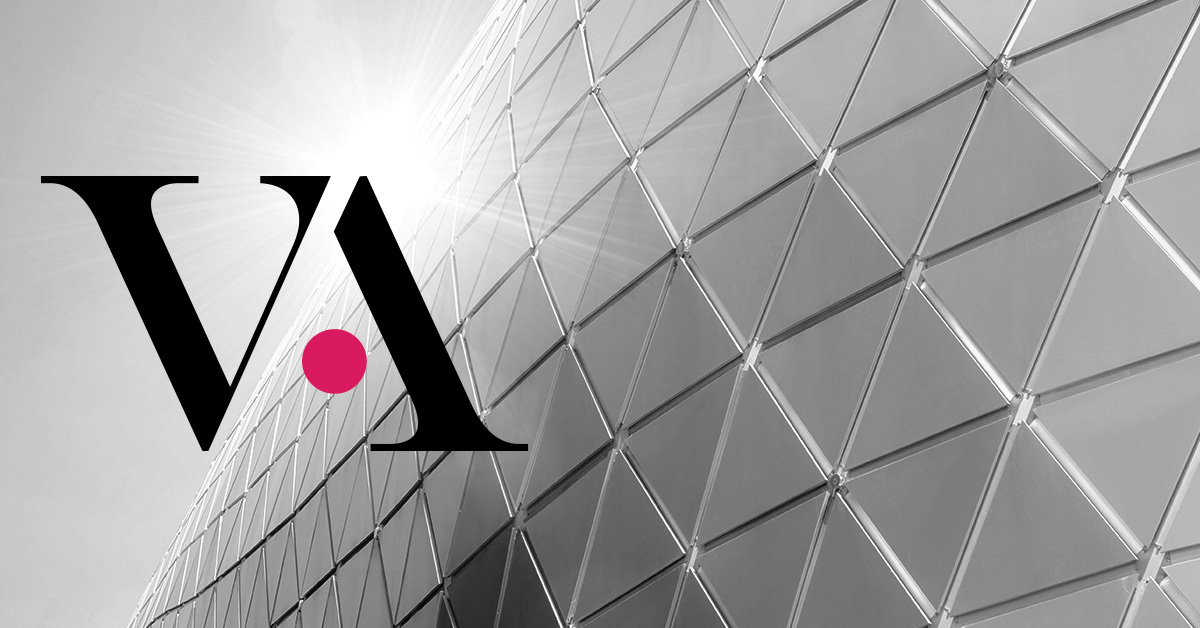For writers, music does more than just set the mood. It can act as the very prompt that carries your creative process. If you’re a fan of Stranger Things, you know how much music can affect the entire tone of a narrative. For fans of a certain generation, all you need to be swept back in time is that opening theme song.
I expect the Duffer brothers would agree when I say creative work is most fulfilling when you’re in love with your subject matter. But as anyone who’s ever written for a living knows, this can’t always be the case. That said, creating an engaging and stimulating piece about an ostensibly dry topic can be a really satisfying accomplishment. Of course, knowing this and doing it are two different stories!
If you’re a mood-driven creator, this can be exceptionally challenging. When it’s good, it’s good – your thoughts fly directly from your brain to your fingertips as they whip over the keyboard to compose a symphony of language. And when it’s bad… well… it can feel like all you’re producing is a discordant collection of sour notes.
Those are the moments when changing up the background music can transform your entire workday. Just like the synthesized arcade sound from Stranger Things brings back memories of everything ‘80s and ‘90s – Snapple at the mall anyone? – music can also help you find the rhythm for your client.
How I Pick My Music
I find it helps most to listen to music that does these three things:
1. It matches my client’s general tone, mood, and theme.
One of my primary clients helps business continuity and crisis professionals, and a few of their executives have – like myself – prior military service. Those pieces are about the subject matter I know best: preparing for, responding to, and recovering from disaster, both natural and man-made.
As you can imagine, there’s a certain sense of urgency to all the pieces I create for them.
When I’m having trouble getting started, Muse’s Knights of Cydonia never fails to get me going. The chorus is “No one’s gonna take me alive,” and it always takes me back to my days in uniform. It came out several years after I returned from Iraq, and I think it would still make a great pre-convoy theme song.
2. It gets my brain going in a pattern.
If you’re a fellow nerd and proud graduate of AP English Literature and Composition (West Catholic class of 2000 here!), I’m guessing you may have had to read – and possibly create your own version of – Chaucer’s Canterbury Tales. Despite the extremely laborious process of reading this literature, once I got into it, I absolutely loved writing in iambic pentameter!
It’s well established that part of the human inclination to create poetry and music stems from our innate proclivity for patterns. I find when I listen to music that syncs up my thought process to rhyme and rhythm, it really stimulates my creative drive. After completing the Chaucer assignment in my Junior year, I went on to annoy my classmates and family with multiple versions of my own Canterbury Tales, and it still works for me today!
While I often have to resist the urge to insert lyrics from the artists of my youth like Madonna and Ice Cube, it helps to have fun with the process!
3. It resonates with the demographics of my client’s audience.
A few months ago, I had the most fun writing for a new client whose target audience was urban gig-workers, ages 18-30. I’m just a bit outside this age group. (Deep sigh – when did that happen?) Yet, thanks to continuing ed classes at Philadelphia Community College, my nomadic writer’s lifestyle, and my preteen niece, I remain in touch with trending slang.
While I was composing those particular pieces, I frequently listened to top 40, especially the songs about getting paid. I like to think today’s young chart-toppers would be happy to hear their music is helping to inspire writing meant to stimulate urban economies around the country.
With all that said, is it possible to simulate the conditions that lend themselves to a better writing process? One that’s faster, more natural, and where all your synapses automatically fire away? I say yes.
Will it be an ecclesiastic experience every time? No, of course not. But it can get closer. Or you can outsource it to us. After all, that’s what Version A is here to do.
Check out our process and don’t be shy. We love questions about writing!

